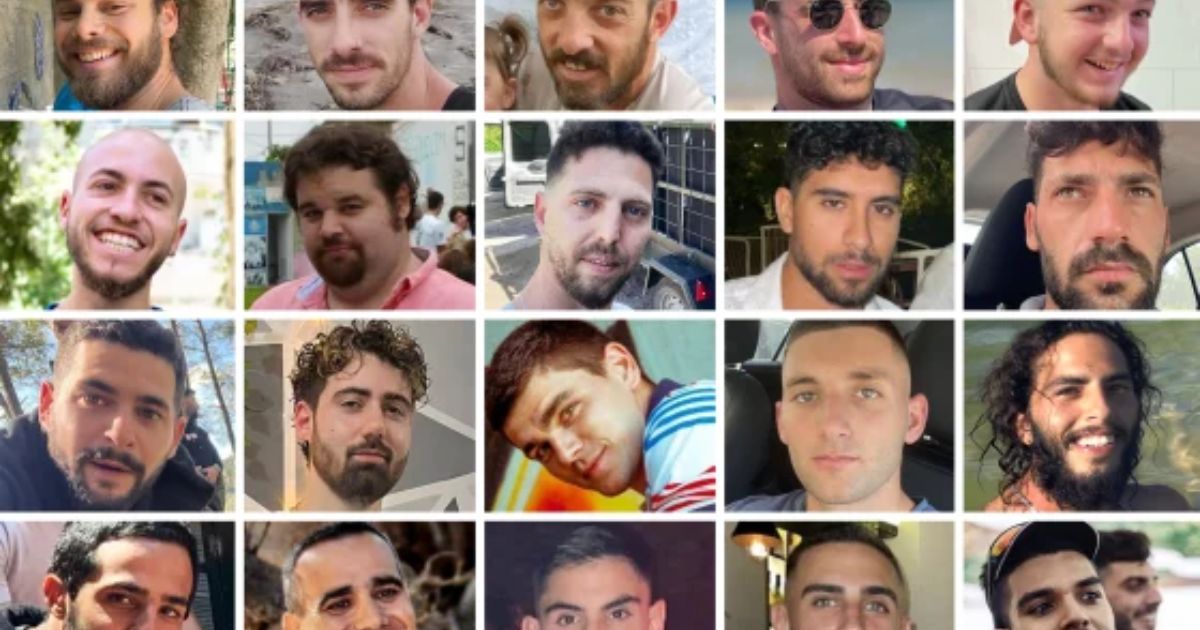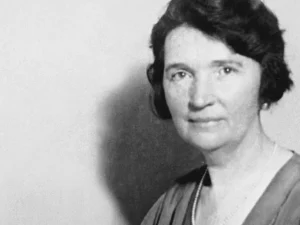The world has turned its eyes away from a chilling truth: every female hostage taken by Hamas during the October 7, 2023, attack on Israel is dead. Over 250 people were abducted that day, with dozens of women and girls among them, dragged into Gaza’s tunnels and homes to face unimaginable horrors. As of October 13, 2025, the last 20 living hostages, all men, were freed under a U.S.-brokered deal. The absence of surviving women speaks volumes: they were systematically erased, their stories buried. Where is the global outrage? Why has the slaughter of these women failed to spark the fury it demands? This is not just a tragedy; it’s a deliberate, gendered genocide that exposes the world’s selective morality.
The scale of the October 7 attack was staggering: 1,200 killed, 251 kidnapped, and a trail of sexual violence, torture, and murder that continues to haunt. Women like Noa Argamani, kidnapped from the Nova music festival, endured 246 days in captivity before her rescue in June 2024. Others, like Karina Ariev and Daniella Gilboa, survived 470 days in tunnels until their release in January 2025. But many never returned. Inbar Haiman, 27, was murdered soon after her abduction, her body still held in Gaza after 738 days, denied even a burial. Shiri Bibas, 32, and her daughters, Kfir (10 months) and Ariel (4), were strangled before their father’s eyes, their deaths confirmed in November 2023. Yarden Bibas, the father, walked free in October 2025, carrying the weight of his family’s annihilation.
Testimonies from survivors paint a gruesome picture. Amit Soussana, held for 55 days, described being chained in a child’s bedroom, assaulted, and subjected to sexual violence. Ilana Gritzewsky, freed in December 2024, spoke of cooking and cleaning under threat of beatings, witnessing abuse of other women. UN reports confirm “clear and convincing” evidence of rape and gang-rape, both during the initial attack and in captivity. Hamas separated women from men, targeting them for sexualized torture, starvation, and execution. Their propaganda videos, like those of Ariev and Gilboa pleading for rescue in January 2024, were not cries for help but tools to demoralize Israel while hiding the truth: many female hostages were already dead, killed to silence their stories.
Hamas’s cruelty was calculated. The group withheld bodies, like Haiman’s, to maintain leverage, even as negotiations dragged through ceasefires in November 2023 and January 2025. Human Rights Watch called their hostage videos “outrages upon personal dignity,” a war crime meant to degrade and exploit. By August 2025, Haiman’s body remained the last female hostage unreturned, a grim symbol of unresolved grief. The final blow: no women survived. This was not random; it was a deliberate purge to erase evidence of Hamas’s atrocities.
Yet, the world’s response is a deafening silence. Pro-Palestinian protests, drawing millions since 2023, chant for “resistance” while ignoring these women’s fates. On X, posts lamenting the “lack of outrage” gain traction, but they drown in narratives equating all suffering, erasing the specificity of gendered violence. Mainstream media, from CNN to BBC, focuses heavily on Gaza’s humanitarian crisis—over 67,000 Palestinian deaths, per Hamas-run authorities—while sidelining the individual stories of these women. Israeli outlets like The Times of Israel amplify survivor accounts, but globally, the coverage is lopsided, prioritizing broader casualties over targeted atrocities.
This isn’t just oversight; it’s complicity. Feminist movements, vocal on #MeToo, are conspicuously quiet. The UN, which in March 2024 acknowledged “reasonable grounds” for ongoing sexual violence against hostages, pivoted to ceasefire talks, leaving justice in the dust. The Dinah Project, an Israeli legal initiative, fights for accountability, but its voice struggles against a tide of politicized apathy. Anti-Zionism, often veering into antisemitism, dismisses Jewish women’s suffering as “propaganda,” while Western academia and activism glorify “resistance” over rape victims. In Israel, 62% of the public view Gazans as complicit, hardening hearts in a cycle of trauma and distrust. But this local anger doesn’t excuse global indifference.
Hamas’s savagery mirrors history’s darkest chapters: the Rape of Nanking, the Yazidi genocide. These women were not collateral damage; they were weapons in a war of dehumanization, their bodies used, then discarded. The outrage deficit reveals a fractured moral compass, where political agendas trump humanity. These daughters, sisters, and dreamers deserved better than to die unnamed, their truths buried to shield the guilty. As a fragile peace settles, their memory demands action: return their bodies, prosecute their killers, and reject the silence that betrays them. Anything less is a surrender to savagery.
Disclaimer: This article addresses sensitive and distressing topics, including violence, sexual assault, and loss of life, based on available reports and testimonies as of October 13, 2025. Information reflects the most current data from credible sources, but ongoing conflicts may yield new details. Readers are encouraged to verify facts independently and approach the subject with empathy, recognizing the complexity of the Israeli-Palestinian conflict. Realshepower aims to highlight underrepresented atrocities while maintaining factual integrity, without endorsing any political agenda.











































